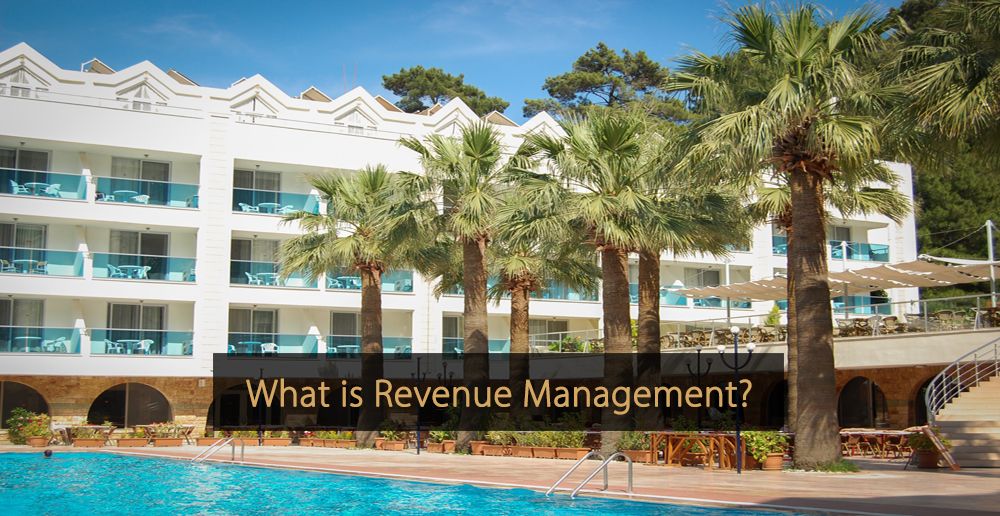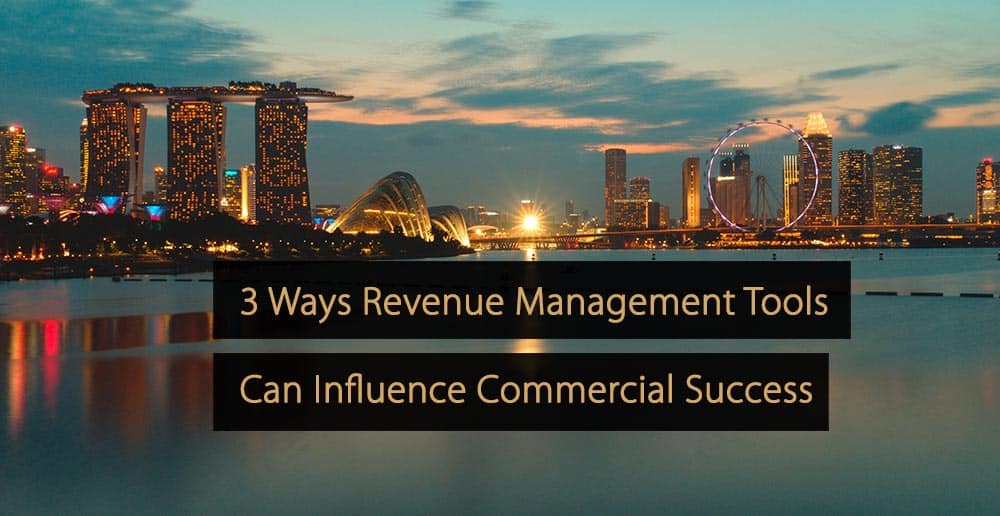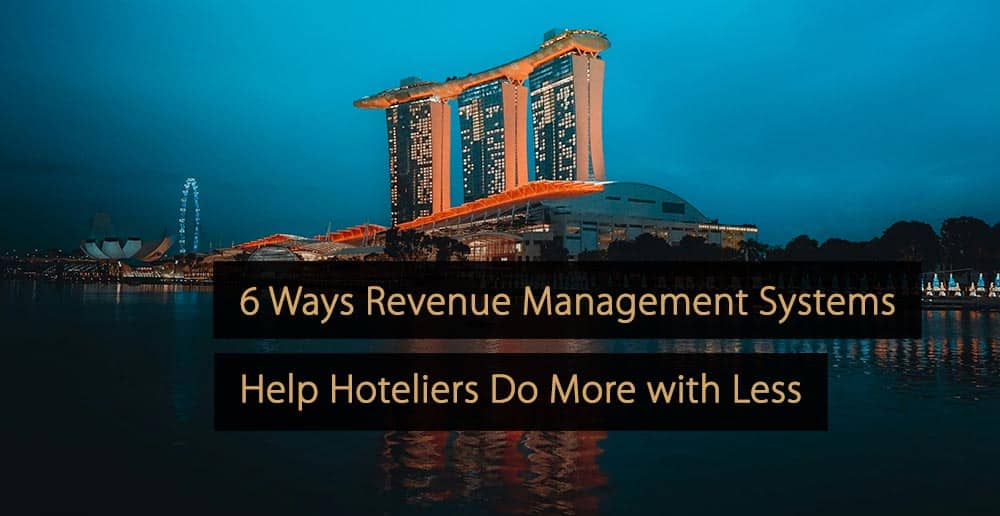What Is RevPOR?
Revenue per occupied room, or RevPOR, is a KPI used within hotel management to assess financial performance. As a result, it can play a role in a revenue management strategy. Its main value to hotel owners is in giving them an idea of exactly how much revenue they make from the rooms they manage to sell. Table of Contents: What Does RevPOR Stand for? Why Is RevPOR Important? How Do You Calculate RevPOR? What Is
What Is RevPAR?
Revenue per available room, or RevPAR as it is usually shortened, is a KPI used within the hotel industry to assess financial and business performance. As a metric, it concerns both room revenue and occupancy rate, which makes it an important indicator of a hotel's overall performance and a valuable component of a revenue management strategy. What Does RevPAR Stand for? Essentially, RevPAR measures a hotel's average daily rate and its ability to fill rooms.
What is Revenue Management?
What is revenue management, and why does it matter so much to hospitality brands? Essentially, it's a data-driven approach to anticipating demand and adjusting pricing and distribution in order to maximize earnings. Revenue management is crucial for hotels and similar businesses because they have fixed costs to contend with. When hotels are able to accurately forecast demand, they can take steps to ensure these fixed costs are always covered. In this article, you'll learn what
What does GOPPAR stand for?
A key performance indicator, or KPI, is a quantifiable business performance measurement. KPIs are essential for implementing a successful revenue management strategy, as it allows businesses to identify areas of success and failure, as well as trends related to demand and customer behavior. GOPPAR is one of the most important KPIs hotels use for revenue management. This article explains what GOPPAR stands for and why it is important. GOPPAR Explained GOPPAR is an acronym for
What Is RevPAR?
Revenue per available room, or RevPAR as it is usually shortened, is a KPI used within the hotel industry to assess financial and business performance. As a metric, it concerns both room revenue and occupancy rate, which makes it an important indicator of a hotel's overall performance and a valuable component of a revenue management strategy. What Does RevPAR Stand for? Essentially, RevPAR measures a hotel's average daily rate and its ability to fill rooms.
What is Revenue Management?
What is revenue management, and why does it matter so much to hospitality brands? Essentially, it's a data-driven approach to anticipating demand and adjusting pricing and distribution in order to maximize earnings. Revenue management is crucial for hotels and similar businesses because they have fixed costs to contend with. When hotels are able to accurately forecast demand, they can take steps to ensure these fixed costs are always covered. In this article, you'll learn what
What does GOPPAR stand for?
A key performance indicator, or KPI, is a quantifiable business performance measurement. KPIs are essential for implementing a successful revenue management strategy, as it allows businesses to identify areas of success and failure, as well as trends related to demand and customer behavior. GOPPAR is one of the most important KPIs hotels use for revenue management. This article explains what GOPPAR stands for and why it is important. GOPPAR Explained GOPPAR is an acronym for
5 Innovative Ways to Engage Customers in Your Hotel Direct Booking Process
Many hotels are approaching direct bookings like they did five years ago. While the basics still apply, new opportunities have emerged to drive engagement and Conversion. In this article, you'll learn how to engage customers during booking and increase Conversion. Enhancing Your Hotel Direct Booking Process: a Key Asset for
5 Creative, Free & Reliable Ways to Drive More Traffic to Your Site
Do you feel like your hotel is on the precipice of success or simply missing that je ne sais quois, so you're looking for some nifty and smart ways to capitalise on your hotel's online presence? Then look no further; this article outlines ideas that are easy to implement, involve
5 Ways Technology Can Enhance the Guest Experience at Your Hotel
With 40% of Americans traveling more in 2024 (1), the hospitality industry has seen a significant surge in demand. This uptick in travel presents a golden opportunity for hotels to increase revenue — but to capitalize, they must differentiate themselves in a crowded market. In this article, you’ll learn how hotels
Broadened Horizons: 3 Ways Revenue Management Tools Can Influence Commercial Success
If you think of revenue management tools as solely a means for rolling out dynamic pricing strategies and making the most out of the demand for your property’s room inventory, it’s time to challenge that assumption. While these tried-and-true capabilities are a staple at most hotels, today’s advanced revenue management
6 Ways Revenue Management Systems Help Hoteliers Do More with Less
Most independent hoteliers are used to juggling more with less dedicated resources, but effective revenue management—and the tools that enable it—should not be written off as exclusively a "big brand" or "large hotel" concern. What Is a Revenue Management System? Among the technologies typically used by hoteliers, revenue management systems
4 Ways Hotels can Leverage AI & Big Data to Boost Direct Sales
AI and big data unlock opportunities for hotels to boost their direct revenue and operational efficiency while offering instant, personalized guest experiences. This article will focus on four ways hotels can leverage AI and Big Data to engage customers in the hotel direct booking process and drive their direct sales.











